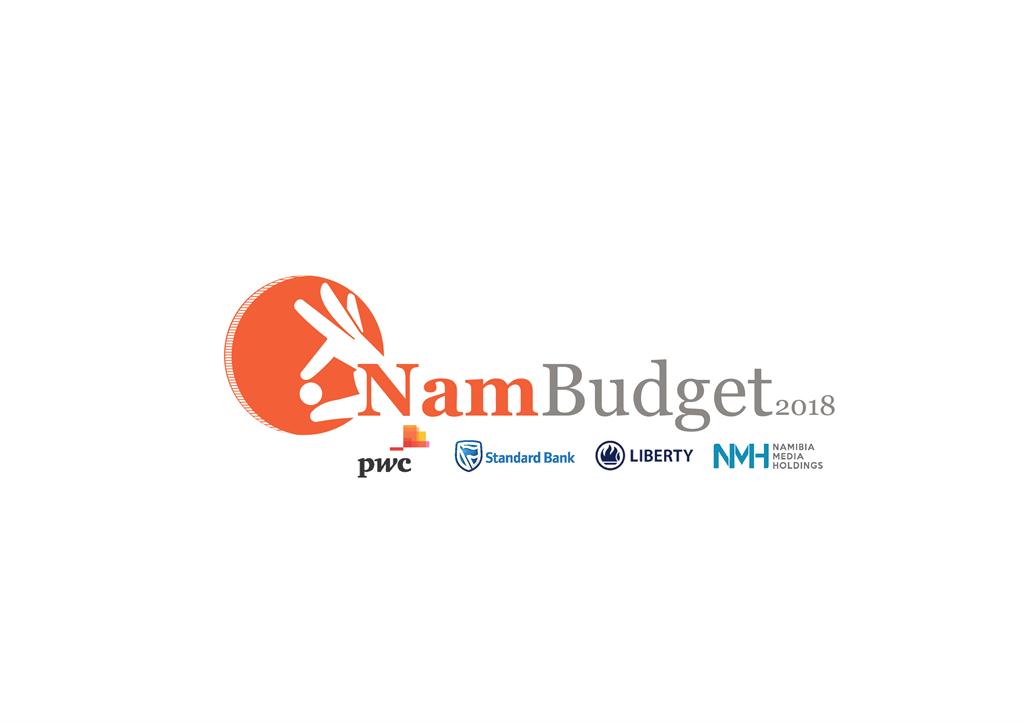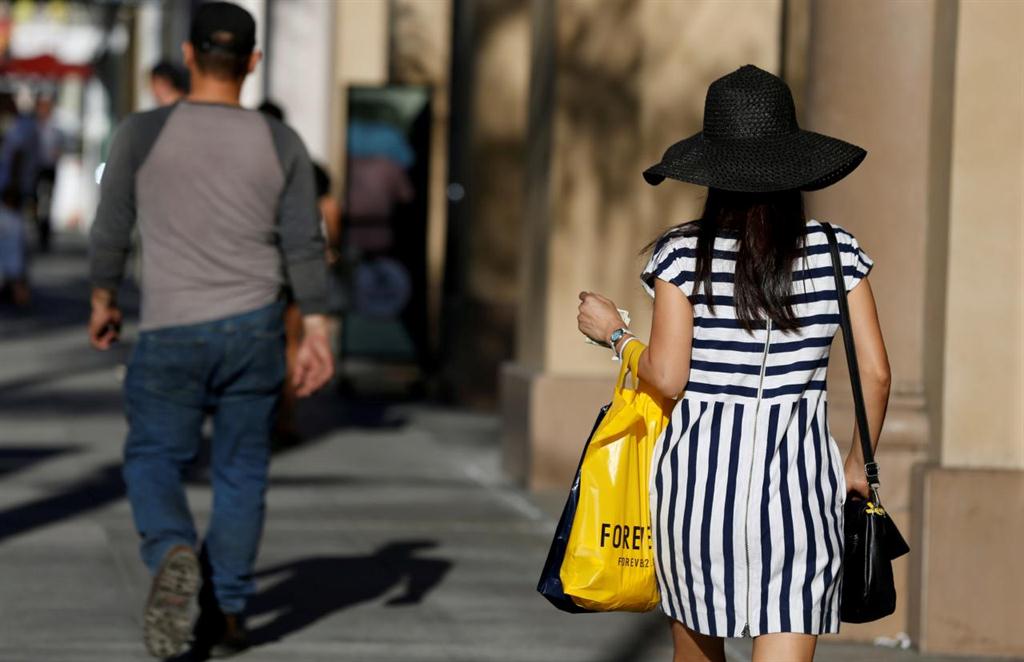Retail struggles: Volume down, no bonuses paid
Fiscal consolidation hasn’t just mean less spending power by the government, by also by the man in the street.
Stefan Fischer - The national budget for 2017/18 has affected the retail sector too, since the man in the street has experienced less disposable income and therefore reduced spending.
Robert Voigts, managing director of Wecke & Voigts, noted “mixed effects”.
He explained: “The supermarket side of our business has still shown steady, above inflation growth versus the previous year (July - December). However, this is not reflected in many other stores and - from the information available to me - our growth is higher than the majority. This might indicate a bias towards the lower-income groups that are suffering more due to lesser disposable income, fewer breadwinners (construction industry) etc.
“Sugar sales by volume are supposedly down by 10% countrywide, again indicating that the lower LSM groups are harder hit than the rest.
“The luxury goods (non-food items) are definitely affected by the current climate, but how much can be attributed to the budget cuts is questionable.
“We have definitely received fewer orders from government agencies than previously but in general this area of business has been struggling for the last few years.”
He said the wholesale sector has also seen restricted growth, “in part due to the decline of purchases from the informal market in staple goods (sugar, maize meal, rice etc.)”.
Widespread
There is no doubt that the economic crunch also filtered down to them, said Hartmut Fahrbach from family-owned shop Otto Günther at Swakopmund.
“Our quality product range, however, still has a regular market. We also have an increasing customer base throughout Namibia that order from our online shop, being either individuals in Lüderitz or remote lodges.
“Our venture into e-commerce has proven that we reach many more establishments on a regular basis in the country’s hospitality industry now than before.”
Fahrbach explained the bigger picture: “If one looks around in Swakopmund, one notices a decrease in spending money on smaller and bigger scale.
“Budgets are tight; customers seek more in-depth knowledge about products that draw their interest before they make a decision. Many premises are for rent or sale - in town, in the suburbs and around the industrial area.”
Asked what he foresees in the future, he said: “It is our opinion that we still have a difficult time ahead of us, but the political changes that occurred during the last months throughout southern Africa will have a positive effect on our economy. We will benefit from it and it surely will also let our international rating go up again.”
Construction
The downturn in the construction sector had an effect on suppliers, said Marc Egner, managing director of E-Hardbuild at Swakopmund. “We experienced after years of spending money on projects without secured funding and/or proper control from the ministries involved, contractors and subcontractors were not paid in time or not at all, causing a delay of payments to their employees and suppliers or no payments at all,” he said.
“New project monies received in 2017 were used to settle old debts. In many instances, year-end expenditure like bonuses could not be paid, which had a detrimental effect on spending especially during the Christmas season.
“Order books are not as full as in previous years and retrenchments followed during the year of 2017 and most probably also 2018.”
Motor industry
Robert Swiegers from Auto Swiegers Windhoek was very frank: “I had to pay in a lot of money just to keep the company afloat, which affected my cash flow in a very negative manner.
“I am a small company and I had to let five [employees] go. We had to cut a lot on advertising and basic necessities. We cannot afford to pay bonuses or give salary increases for workers. We usually take in trainee workers for practical experience, for instance mechanics or auto-electricians. That we can no longer do, so the impact was massive.”
Agra
One of the biggest retail and wholesale businesses in Namibia is Agra. Helga Busing-Volschenk, general manager: marketing and business development, elaborated on the company philosophy: “In an ever-evolving business environment, the only constant is change. Agra embraces any challenges that the company might face due to economic and climate fluctuations.
“Management is committed to adapt to change as efficiently as possible and strive to deliver the best service to our clients at all times.”
She further stated: “Agra will support any initiative that the government plans to implement in order to support economic growth and environmental sustainability. The only solution to changes that are challenging, especially to the agricultural community, is to adjust operations as well as your strategy in order to maximise other potential avenues that might present themselves.”
Robert Voigts, managing director of Wecke & Voigts, noted “mixed effects”.
He explained: “The supermarket side of our business has still shown steady, above inflation growth versus the previous year (July - December). However, this is not reflected in many other stores and - from the information available to me - our growth is higher than the majority. This might indicate a bias towards the lower-income groups that are suffering more due to lesser disposable income, fewer breadwinners (construction industry) etc.
“Sugar sales by volume are supposedly down by 10% countrywide, again indicating that the lower LSM groups are harder hit than the rest.
“The luxury goods (non-food items) are definitely affected by the current climate, but how much can be attributed to the budget cuts is questionable.
“We have definitely received fewer orders from government agencies than previously but in general this area of business has been struggling for the last few years.”
He said the wholesale sector has also seen restricted growth, “in part due to the decline of purchases from the informal market in staple goods (sugar, maize meal, rice etc.)”.
Widespread
There is no doubt that the economic crunch also filtered down to them, said Hartmut Fahrbach from family-owned shop Otto Günther at Swakopmund.
“Our quality product range, however, still has a regular market. We also have an increasing customer base throughout Namibia that order from our online shop, being either individuals in Lüderitz or remote lodges.
“Our venture into e-commerce has proven that we reach many more establishments on a regular basis in the country’s hospitality industry now than before.”
Fahrbach explained the bigger picture: “If one looks around in Swakopmund, one notices a decrease in spending money on smaller and bigger scale.
“Budgets are tight; customers seek more in-depth knowledge about products that draw their interest before they make a decision. Many premises are for rent or sale - in town, in the suburbs and around the industrial area.”
Asked what he foresees in the future, he said: “It is our opinion that we still have a difficult time ahead of us, but the political changes that occurred during the last months throughout southern Africa will have a positive effect on our economy. We will benefit from it and it surely will also let our international rating go up again.”
Construction
The downturn in the construction sector had an effect on suppliers, said Marc Egner, managing director of E-Hardbuild at Swakopmund. “We experienced after years of spending money on projects without secured funding and/or proper control from the ministries involved, contractors and subcontractors were not paid in time or not at all, causing a delay of payments to their employees and suppliers or no payments at all,” he said.
“New project monies received in 2017 were used to settle old debts. In many instances, year-end expenditure like bonuses could not be paid, which had a detrimental effect on spending especially during the Christmas season.
“Order books are not as full as in previous years and retrenchments followed during the year of 2017 and most probably also 2018.”
Motor industry
Robert Swiegers from Auto Swiegers Windhoek was very frank: “I had to pay in a lot of money just to keep the company afloat, which affected my cash flow in a very negative manner.
“I am a small company and I had to let five [employees] go. We had to cut a lot on advertising and basic necessities. We cannot afford to pay bonuses or give salary increases for workers. We usually take in trainee workers for practical experience, for instance mechanics or auto-electricians. That we can no longer do, so the impact was massive.”
Agra
One of the biggest retail and wholesale businesses in Namibia is Agra. Helga Busing-Volschenk, general manager: marketing and business development, elaborated on the company philosophy: “In an ever-evolving business environment, the only constant is change. Agra embraces any challenges that the company might face due to economic and climate fluctuations.
“Management is committed to adapt to change as efficiently as possible and strive to deliver the best service to our clients at all times.”
She further stated: “Agra will support any initiative that the government plans to implement in order to support economic growth and environmental sustainability. The only solution to changes that are challenging, especially to the agricultural community, is to adjust operations as well as your strategy in order to maximise other potential avenues that might present themselves.”







Kommentaar
Republikein
Geen kommentaar is op hierdie artikel gelaat nie